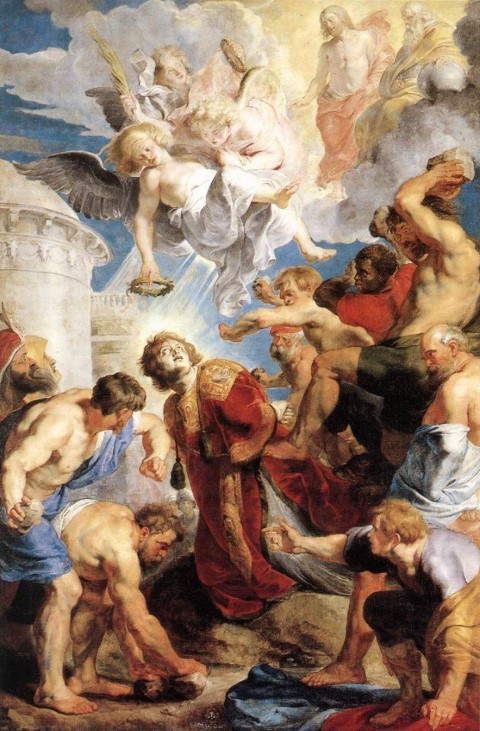1 Then Agrippa said to Paul, “You may speak in your defense.” So Paul, gesturing with his hand, started his defense: 2 “I am fortunate, King Agrippa, that you are the one hearing my defense today against all these accusations made by the Jewish leaders, 3 for I know you are an expert on all Jewish customs and controversies. Now please listen to me patiently!
4 “As the Jewish leaders are well aware, I was given a thorough Jewish training from my earliest childhood among my own people and in Jerusalem. 5 If they would admit it, they know that I have been a member of the Pharisees, the strictest sect of our religion. 6 Now I am on trial because of my hope in the fulfillment of God’s promise made to our ancestors. 7 In fact, that is why the twelve tribes of Israel zealously worship God night and day, and they share the same hope I have. Yet, Your Majesty, they accuse me for having this hope! 8 Why does it seem incredible to any of you that God can raise the dead?
9 “I used to believe that I ought to do everything I could to oppose the very name of Jesus the Nazarene.[a] 10 Indeed, I did just that in Jerusalem. Authorized by the leading priests, I caused many believers[b] there to be sent to prison. And I cast my vote against them when they were condemned to death. 11 Many times I had them punished in the synagogues to get them to curse Jesus.[c] I was so violently opposed to them that I even chased them down in foreign cities.
Acts 26:1-11 (NLT) 中文
Paul on Trial
As Paul alludes to today, he’s in one long trial over 2+ years that started in Jerusalem with the Jewish leaders accusing Paul of religious crimes. He uses each trial to share his testimony, his call to the gentiles and the gospel. God continues to intervene to foil plots to kill him. He’s now in Caesarea where he was tried by Roman Governor Felix who delayed a verdict and kept Paul in custody two years out of fear of the Jews.
Festus has taken over and inherited Paul’s case. Paul declined a request to go to Jerusalem to stand trial and leveraged his right as a Roman citizen to appeal to Caesar. Now he’s presenting before King Agrippa and a host of others.
Same hope
Paul quickly reviews his background. His emphasis, though, is that he is a Jew. But more, he has the same hope as is preached in the OT and all Jews believe. It’s hope in the fulfillment of God’s promise made to their ancestors. Though not explicitly stated, the hope is in a Messiah who would free people of sin by rising from the dead. So how could he be on trial for this?
Paul’s wicked past
What stands out in today’s passage is the extent of Paul’s wickedness in his opposition to Jesus and the Gospel. Verse 11 reveals, “Many times I had them punished in the synagogues to get them to curse Jesus.” And he “cast my vote against them when they were condemned to death” (v10). “Paul later speaks of the great regret he had over his prior life as a persecutor (1 Corinthians 15:9, 1 Timothy 1:15). Perhaps the fact that he compelled them to blaspheme weighed especially on his conscience.” (enduringword.com)
RЯeflection
- As we get a glimpse of Paul’s rotten past and compare it to what the Lord transformed him into, we see grace. We also see hope. As we view those around us who seem most opposed to the gospel, consider: They could be another Paul. Then persevere with our prayers and witness to them.
- Again we admire Paul’s courage in defending his faith – even in front of rulers who could have him killed in an instant (think of John the Baptist in Matt 14:1-12). Paul’s prayer and desire is, “Now may the God of hope fill you with all joy and peace in believing, so that you will abound in hope by the power of the Holy Spirit.” (Romans 15:13)


The commentary that you are following in your post ASSUMES that Paul was able to cause the Christians to blaspheme (Act 26:11). I have never assumed that. I quickly found the above footnote that explains “the imperfect tense in the verb compelled does not tell us whether or not Paul had actually been successful in causing believers to blaspheme their faith…”. The same commentary says that Paul had been married. Once again I think that’s false.